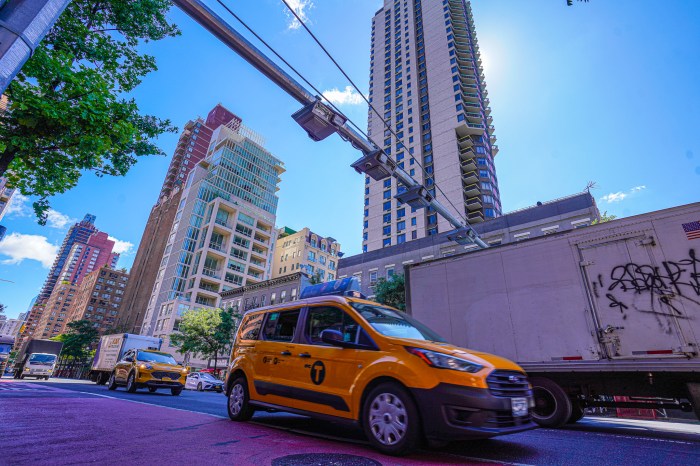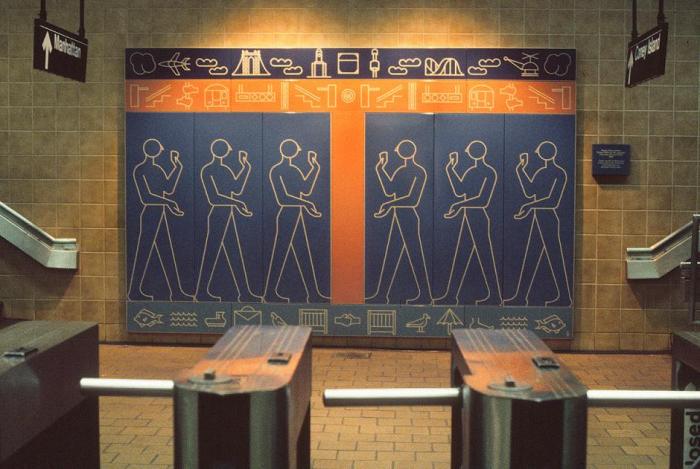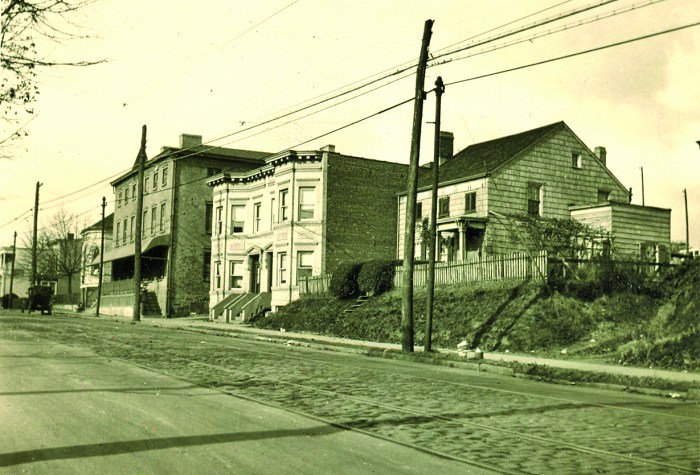
The MTA board on Wednesday approved a new program that will expand sleep apnea screenings for all employees responsible for moving trains and buses through its network.
The program began on Metro-North Railroad in 2015 and will now include screenings for some 20,000 engineers, conductors and operators.
It was touted by the agency as the first program of its kind among any public transportation system and comes on the heels of criticism after a Long Island Rail Road train derailed earlier this month, injuring more than 100 people as it slammed into its bumping block in Atlantic Terminal.
“We need to assure to our customers that we’re doing everything we can to make sure the employees who operator our equipment; run our trains; throw switches are fully capable,” said MTA Chairman Tom Prendergast after a board meeting Wednesday.
Prendergast said he himself was diagnosed and treated for the sleep disorder.
“Immediately upon being diagnosed and treated I saw a difference in the quality of my life,” he continued. “So . . . we have this bifurcated approach: One is to make sure that our operating employees are fully capable in doing what they need to do. The second is to increase their health.”
The MTA has contracted four health firms to administer the screenings and treat those diagnosed for $7.5 million. Dr. Harly Greenberg, the medical director at Northwell Health Sleep Disorders Center, one of the contracted firms, said that the disorder is getting attention after more and more train crash investigations show sleep apnea is involved. He said about 14 to 15 percent of middle-aged men have the disorder.
“A lot of people have nonspecific symptoms for many years before they get evaluated and diagnosed,” Greenberg said. “But there’s also more and more scientific data regarding the high prevalence with sleep apnea and associations impairments to daytime function.”

































